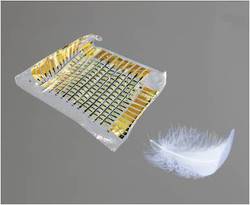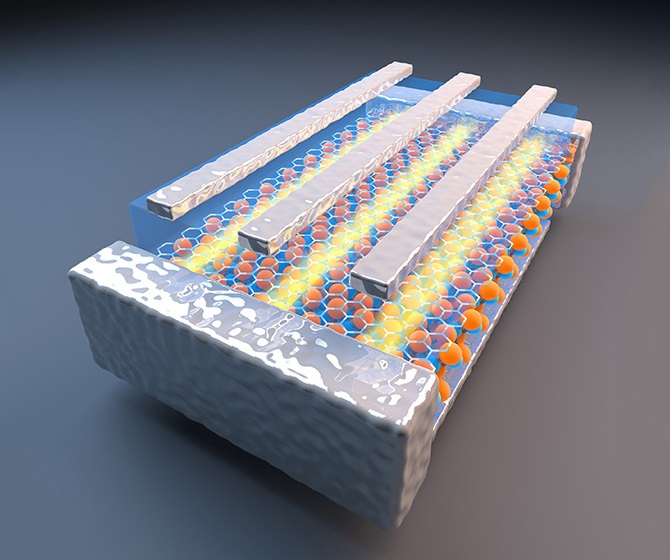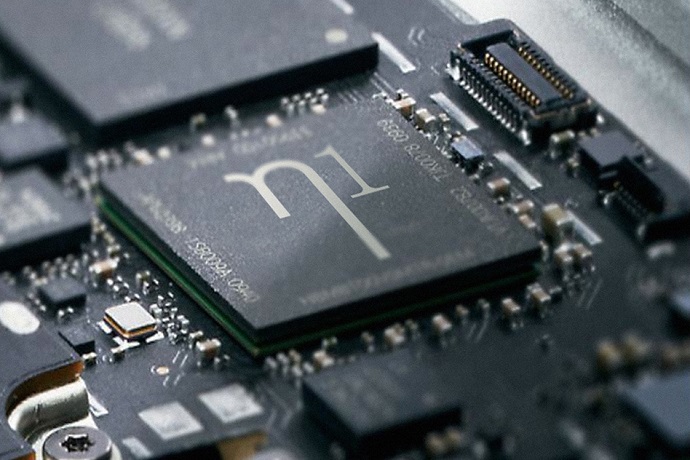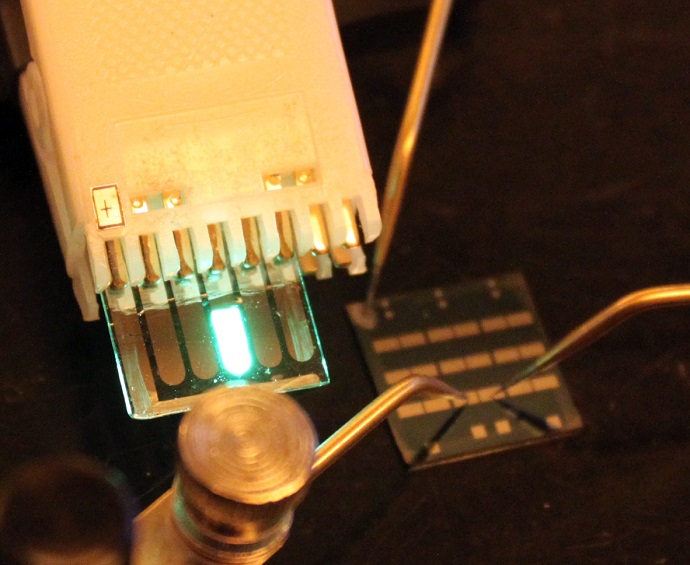July 25, 2013
Within the framework of the Japan Science and Technology Agency’s (JST) Exploratory Research for Advanced Technology (ERATO) project, Professor Takao Someya, Associate Professor Tsuyoshi Sekitani, Dr. Martin Kaltenbrunner, University of Tokyo, and their coworkers have succeeded in developing the world’s lightest (3 g/m2) and, simultaneously, the world’s thinnest (2 μm; one micrometer (μm) is 1/1,000,000 of a meter) mechanically flexible touch sensor system.
Sensors and electronic circuits for healthcare and medical applications are generally fabricated using silicon and other rigid electronic materials. To minimize the discomfort of wearing rigid sensors, it is highly desirable to use soft electronic materials particularly for devices that come directly into contact with the skin. In this regard, electronics manufactured on thin polymeric films are very attractive: in general, a thinner substrate will provide better mechanical flexibility. However, directly manufacturing sensors or electronic circuits on ultrathin polymeric films with thicknesses of several micrometers or less is a difficult task if conventional semiconductor processes are used.
The international research team has manufactured the world’s thinnest and lightest soft organic transistor integrated circuits (ICs) on ultrathin polymeric films with a thickness of only 1.2 μm. This was possible because the team developed a novel technique to form a high-quality 19-nm-thick (one nanometer (nm) is 1/1,000,000,000 of a meter) insulating layer on the rough surface of the 1.2-μm-thick polymeric film.
The organic transistor ICs exhibit extraordinary robustness in spite of being super-thin. Indeed, the electrical properties and mechanical performance of the transistor ICs were practically unchanged (no degradation was seen) even when squeezed to a bending radius of 5 μm, dipped in physiological saline, or stretched to up to double their original size. Finally, these organic transistor ICs have been utilized to develop a flexible touch sensor system prototype.
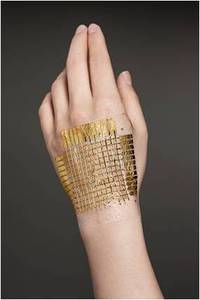
Imperceptible electronics, namely, extremely thin, lightweight electronics whose presence cannot be perceived when worn, will open up a wide range of new applications in fields ranging from healthcare and biomedicine to welfare. Many new applications will emerge including wearable healthcare sensor systems, stress-free (free of discomfort) input units for welfare machines such as wheelchairs, sensors for medical electronic equipment, and tough sensors for sports usage.
This project was carried out in collaboration with Jonathan Reeder, Dr. Tomoyuki Yokota, Kazunori Kuribara, and Takeyoshi Tokuhara at the University of Tokyo, Tokyo, Japan; and Professor Siegfried Bauer, Michael Drack, Dr. Reinhard Schwödiauer, Assistant Professor Ingrid Graz, and Dr. Simona Bauer-Gogonea at Johannes Kepler University, Linz, Austria.
This achievement was published in Nature on July 25, 2013.
For Further information, please visit http://www.jst.go.jp/pr/announce/20130725/index_e.html.

